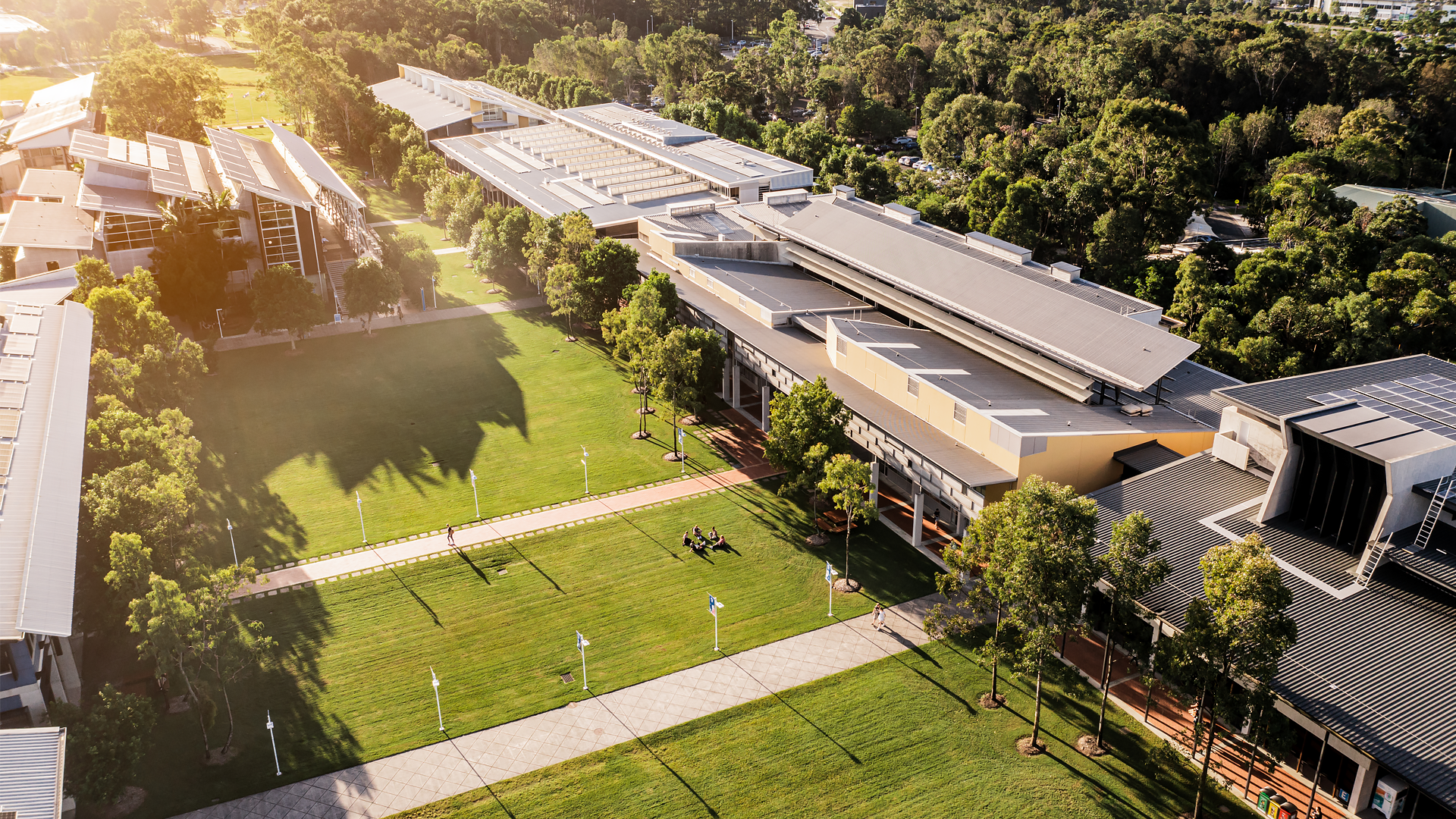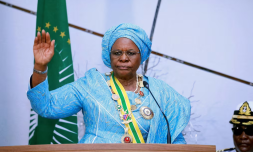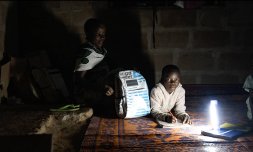In a move set to transform the future of its youth, Namibia has announced that university and vocational education at public institutions will be free from next year.
The government decision in Namibia to give free university education is a ground-breaking step that will positively impact the economic and social directions of the country.
As of today, the unemployment rate among young people in the country is a worrying 44.4%. The southern African nation which has a population of around 3 million people, is home to more than 2.1 million people aged 35 years or younger, most of whom are young people.
The new program will completely pay the tuition and registration fees at Namibia’s public universities and government-operated vocational training centers. Schools such as the University of Namibia (UNAM) and the Namibia University of Science and Technology (NUST) have been listed as the major beneficiaries.
The students, however, will still need to take care of their living as well as personal supplies and other non-tuition-related costs.
During her maiden state of the nation address in parliament last month, president Nandi-Ndaitwah insisted on the importance of free education at all levels and acknowledged the Universal Access to Education Policy – which the government has been using to provide free primary and secondary education in all public schools for years.
‘I am pleased to announce that from the next Academic Year, commencing 2026, tertiary education will become 100 percent subsidized by the government. That means no registration fees and no tuition fees at all public Universities and Technical & Vocational Education Centres,’ Nandi-Ndaitwah said.
Namibia’s decision aligns with a growing global trend of countries offering free or low-cost higher education to their citizens. Within Africa, several countries have made significant strides toward free higher education. Kenya makes it easier for students to attend public universities with the Higher Education Loans Board (HELB) providing financial assistance while charging only a minimal fee.




















